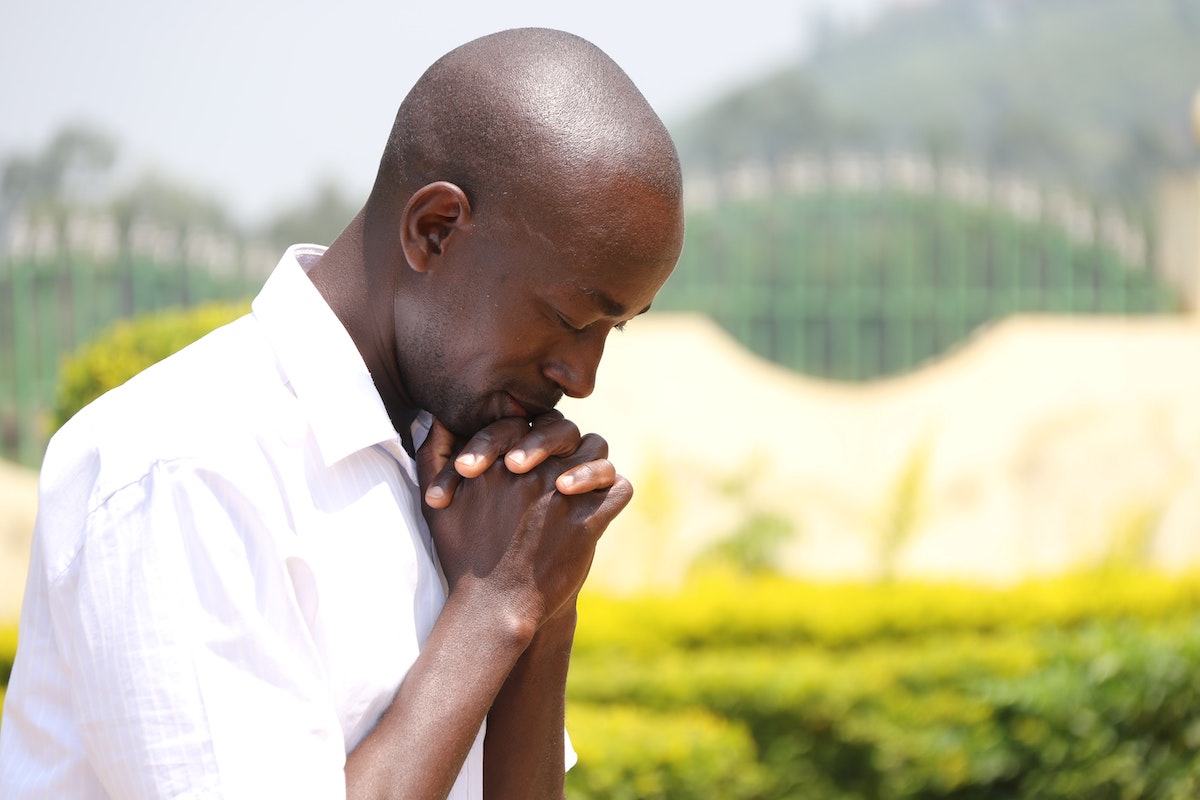As pastors, we’re often thinking about how to weave prayer into the hearts and lives of our people. That endeavor begins, though, with weaving it into our own hearts first. For all of our strategizing about prayer, teaching on prayer, and organizing events for prayer, we mustn’t forget to do the one thing that matters more than all of those: actually praying.
The obvious reason to pray is that it accomplishes things. The beautiful mystery of God’s sovereignty is that he has ordained human agency as a means of accomplishing his purposes. He has invited prayer as a way of moving his hand to act. “You have not,” James says, “because you ask not” (4:2). We pray as pastors because we believe God when he says he will give good gifts to his children who ask (Matt. 7:11).
But prayer does not only accomplish God’s work around us; it also accomplishes God’s work within us. It changes our circumstances, yes, but it also changes our hearts. Here are three ways a disciplined prayer life will shape your heart as a church planter.
1. Prayer connects your heart to your people.
I’ll never forget my wife asking me perhaps one of the most important questions I’ve ever been asked. We were in the car, and I was (rather unhelpfully) venting about a challenging dynamic with various members. “Are you praying for them?” she asked. Talk about a gut punch. I wasn’t praying; I was complaining, and it was embittering my heart toward them. As I prayed, not only for the situation but also for them, my heart began to soften. I began to care more about their well-being and spiritual growth than I did my own reputation or convenience.
If you want your love for your people to deepen, even when they cause you headaches and heartaches, pray for them regularly. Klick um zu TweetenYou cannot simultaneously disdain someone and pray for them. When we hold someone in our prayers and intercede on their behalf, it grows our affections for them. It conforms our heart posture toward that person with God’s heart for them. If you want your love for your people to deepen, even when they cause you headaches and heartaches, pray for them regularly.
2. Prayer reminds you of your dependency on God.
When my daughter asks me to reach something she can’t, she’s admitting her limitations. “I can’t reach that. Dad can.” That’s what prayer is: an acknowledgment of our need to ask someone more capable than we are. The very act of prayer is an admission of insufficiency.
H.B. Charles said, “Prayer is arguably the most objective measurement of our dependence upon God. The things you pray about are the things you trust God to handle. The things you neglect to pray about are the things you trust you can handle on your own.” Praying to God reminds you that you aren’t God. Even when we don’t know what to pray or how to pray, the posture of prayer itself is an act of humility. It’s a reminder of our dependence.
The illusion of self-sufficiency is a poison pill in church planting. The moment we believe the church rests solely on our shoulders is the moment we fail. That is why we must pray. It is the antidote to the poison of self-sufficiency. In prayer, we are children admitting something is out of our reach—that we need our dad to do what we cannot.
3. Prayer cultivates your relationship with God.
You don’t have to pastor for very long to realize it’s a lonely venture. No matter what kind of friendships you develop, you will always wear the “pastor hat.” As you are the one to whom everyone else goes with their weariness, you will need a place to take your own, which is what makes these words from Jesus among the sweetest ever spoken: “Come to me all who are weary and are heavy laden, and I will give you rest” (Matt. 11:28).
The illusion of self-sufficiency is a poison pill in church planting. The moment we believe the church rests solely on our shoulders is the moment we fail. Klick um zu TweetenThere are moments when prayer—above all else—is going to a friend who can carry your burdens with you. And God is a friend who has endured those same burdens. He knows what it’s like to be betrayed. He knows what it’s like to be falsely accused. He knows what it’s like to love and serve only to be unappreciated and dismissed. And he is there for you, eager to listen and to empathize.
There will be moments when you feel like no one understands. There will be times when it seems no one cares. In prayer, you have access to a friend who both understands and cares. Pray because when you feel there is no one to talk to, there really and truly is. Pray because when your soul is restless, there is one who can hear you and give your soul the rest that it needs.







